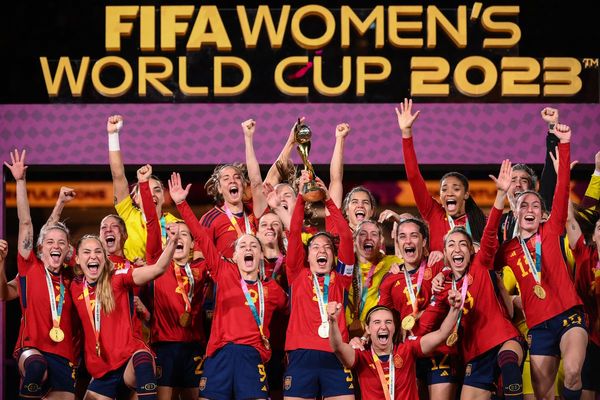
Good morning. Peter Vanham here from a rainy Geneva.
Toto Wolff, the Mercedes-AMG Petronas F1 CEO who won eight consecutive Formula One constructor titles, has a message for the German car industry that's increasingly facing Chinese competition and struggling with electrification: “With a changing environment, you have to adjust direction,” he told me during the F1 mini break. “You have to have agility, based on what the market says."
Wolff knows a thing or two about changing course. After working in venture capital for the first half of his career, he joined Mercedes in 2013. After his arrival, the team went on an unprecedented winning streak that lasted from 2014 to 2021. Since 2022, however, his Mercedes F1 team has fallen behind rivals Red Bull, McLaren, and Ferrari.
Working in F1 instilled in Wolff a different view on how to deal with competition. Rather than fearing newcomers, he welcomes them and doubles down on his own strengths. He expects 2026—when F1 engines will be 50% electric and 50% powered by biofuel—to be a turning point that will give his team an edge. “We want to set a benchmark in 2026,” he said.
Chinese car companies are among the newcomers he’s ready to embrace. “I think it is a matter of time that Chinese brands are going to discover the innovative nature of F1, and the benefit it can bring for road cars and the massive marketing power that it [has],” he told me. Their inclusion would benefit F1, too, he added.
Wolff is confident his established brand can withstand new rivals. “Chinese brands are technically advanced, and they offer a lot of value,” he said. “But a Mercedes is a Mercedes. Its high tech and luxury. And a statement of success. That’s why they can live next to each other.”
That won’t change even if the entire car industry goes electric, he said. “We are following the direction of the [Mercedes] mothership,” he said. “If in 2039 all of the world is going to be electric, then F1 will be electric … We want to be role models within the automotive world in terms of what we can do [with] technology.”
It is an attitude that other German car companies could learn from. For Mercedes as a whole, it seems to be working: With a $62 billion market cap, it’s now the most valuable German car company, ahead of Volkswagen, BMW, and Porsche.
More news below.
Peter Vanham
peter.vanham@fortune.com
Follow on LinkedIn







